
“You Don’t Do This And Go Swimming”: Experts React To Matthew Perry’s Ketamine Use
Just before the cast of Friends, family and loved ones were able to say one last goodbye at Matthew Perry’s funeral on November 3, initial toxicology test results revealed that he did not have fentanyl or meth in his system at the time of his passing.
An autopsy had been completed, but results were pending a toxicology report for weeks. Now, Matthew’s toxicology report has come back, revealing the actor’s official cause of death.
The 54-year-old Friends star officially died from an overdose on ketamine, a dissociative anesthetic used medically for induction and maintenance of anesthesia, which in recent years has also become a popular party drug.
Matthew Perry has officially died from an overdose of ketamine
Image credits: Frederick M. Brown/Getty Images
The heartbreaking news broke on Saturday (December 16). The Los Angeles Times had first reported that authorities arrived at Matthew’s home around 4:00 PM on Saturday, October 28, discovering him in an unresponsive state in a hot tub, before he was later declared dead.
As reported by TMZ, at the time of his passing, law enforcement informed the LA Times that no drugs were discovered at the scene, and stated that no foul play was involved in the star’s untimely passing.
However, the newly revealed toxicology report from the Los Angeles County Medical Examiner’s Office revealed that the actor died from “the acute effects of ketamine”, with 3,540 ng/ml of ketamine found in his peripheral blood source and 3,271 ng/ml found in his central blood source. The exact method of intake has not been determined.
Image credits: mattyperry4
These levels led the Medical Examiner’s Office to conclude that the actor’s cause of death was not from his prior infusion therapy—the drug’s half-life is just 3 to 4 hours—but rather from ketamine that was taken in another manner.
The 17 Again actor spoke candidly about his decades-long battle with addiction. Although he reportedly had been clean for 19 months, the autopsy report said, Matthew had been receiving ketamine infusion therapy for depression and anxiety, with the last treatment a week and a half before his death, the autopsy report said.
Matthew had been responding to treatment and was “in good spirits,” police said a witness told them in their incident report, according to CBS news.
A lower dose of ketamine has been used to treat symptoms of depression, typically via IV in clinics. According to the European Psychiatric Association (EPA), there is substantial evidence that ketamine is effective for treatment-resistant depression.
Authorities arrived at Matthew’s home around 4:00 PM on Saturday, October 28, discovering him in an unresponsive state in a hot tub
Image credits: mattyperry4
Moreover, the EPA has stated that ketamine is effective at rapidly reducing the range of depressive symptoms, including suicidal ideation, and clinical practice suggests that ketamine is overall very safe and well-tolerated.
However, ketamine use for mental health poses risks for people with substance use disorder history, Dr. Peter Grinspoon, of Massachusetts General Hospital, said in a Harvard Medical School article.
Dr. Fahmi Farah, a cardiologist in Fort Worth, Texas told USA Today: “It’s not a normal drug to be used by a regular person at all.”
The toxicology report noted: “At the high levels of ketamine found in his postmortem blood specimens, the main lethal effects would be from both cardiovascular overstimulation and respiratory depression.”
The report also noted that the amount of ketamine Matthew had in his system was equivalent to the general anesthesia given to surgical patients.
Although he reportedly had been clean for 19 months, the autopsy report said, Matthew had been receiving ketamine infusion therapy for depression
Image credits: Netflix
Dr. Philip Wolfson, an expert on ketamine, told the New York Post: “He really did himself in. He must have taken a large amount. You don’t do this and go swimming or go into a pool of any sort.”
In his memoir, Friends, Lovers, and the Big Terrible Thing, the late actor explained he was prescribed opiates after his colon exploded in 2018. As the medication proved insufficient in alleviating his pain, Perry turned to street dealers for potentially fentanyl-laced OxyContin.
The actor wrote: “The street pills were something like $75 per pill, so I was giving the guy $3,000 at a time, many times a week.”
Those who were close to Matthew have maintained that he was clean and sober at the time of his passing.
However, a source close to the star came out on Sunday (December 17) saying he “was never clean and lied about being sober.”
He told MailOnline: “He lied to everyone about being clean. He never was. It is very sad. You know, the biggest lie he told was probably to himself.”
They also said that Matthew “could be quite a manipulative person when it came to his struggles with using”, and that his fight against addiction was a constant “struggle” and “such a battle”.
Fans were saddened by the news
I don't like the comment currently quoted: "What was supposed to help him was what killed him." No, the amount in his system was many times higher than a therapeutic dose and his treatment was several hours earlier so it would have been mostly out of his system anyway.
My cousin was a heroin addict for 20 years and when he finally got clean he wouldn't even take synthetic opiates when he had hand surgery. Giving someone who has substance abuse issues Ketamine, even at a therapeutic does was a mistake. The doctors that approved that should have exhausted every other option before even considering this form of treatment. This is like giving an alcoholic who self medicates one beer to help with their anxiety and expecting them not to relapse.
Load More Replies...Hey Pandas. I take prescription ketamine. I have strong opinions about it. Also happy to answer questions. My blanket statement is this: Ketamine is an incredible tool when used during guided trauma therapy because it physically allows for new neural pathways to form, ie your trauma response is no longer the only option your brain knows. This healing aspect doesn’t expire, in my experience. However, the drug alone is merely a drug that “takes the edge off” for however long it’s in your system, which is pleasant enough to risk dependency. That’s my two cents, from about 5 years experience.
PS. I have Complex PTSD, meaning there’s a multitude of traumatic events for me to target for healing. Every piece I’ve targeted has stayed healed. But that’s what accounts for 5 years. I can only afford an appointment every couple of months.
Load More Replies...I don't like the comment currently quoted: "What was supposed to help him was what killed him." No, the amount in his system was many times higher than a therapeutic dose and his treatment was several hours earlier so it would have been mostly out of his system anyway.
My cousin was a heroin addict for 20 years and when he finally got clean he wouldn't even take synthetic opiates when he had hand surgery. Giving someone who has substance abuse issues Ketamine, even at a therapeutic does was a mistake. The doctors that approved that should have exhausted every other option before even considering this form of treatment. This is like giving an alcoholic who self medicates one beer to help with their anxiety and expecting them not to relapse.
Load More Replies...Hey Pandas. I take prescription ketamine. I have strong opinions about it. Also happy to answer questions. My blanket statement is this: Ketamine is an incredible tool when used during guided trauma therapy because it physically allows for new neural pathways to form, ie your trauma response is no longer the only option your brain knows. This healing aspect doesn’t expire, in my experience. However, the drug alone is merely a drug that “takes the edge off” for however long it’s in your system, which is pleasant enough to risk dependency. That’s my two cents, from about 5 years experience.
PS. I have Complex PTSD, meaning there’s a multitude of traumatic events for me to target for healing. Every piece I’ve targeted has stayed healed. But that’s what accounts for 5 years. I can only afford an appointment every couple of months.
Load More Replies...




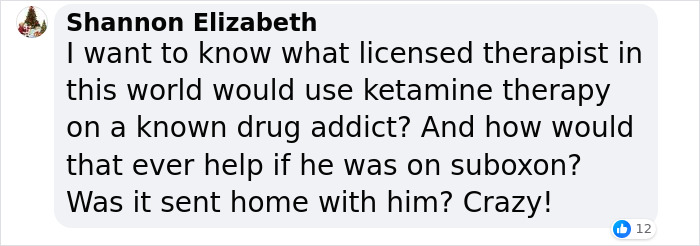






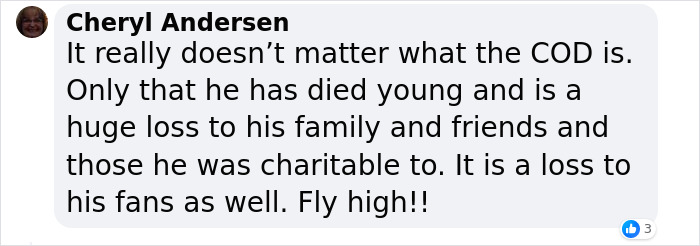
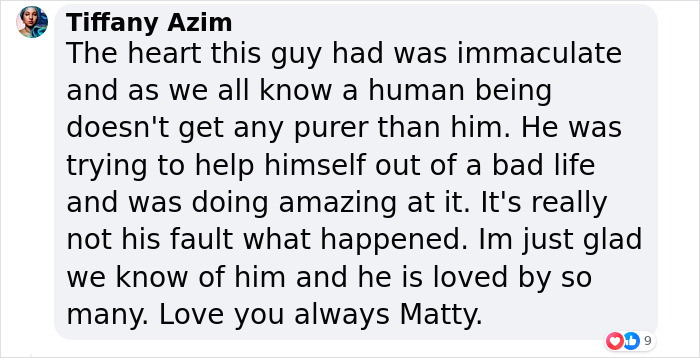
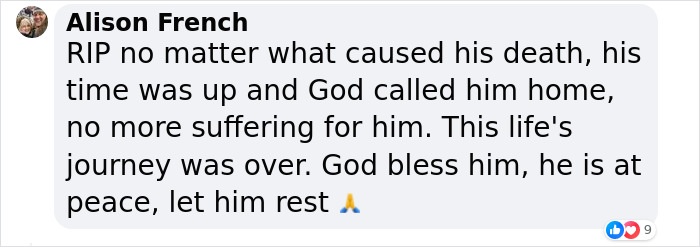
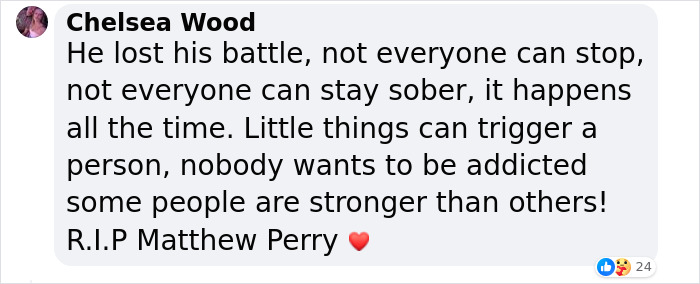




20
16